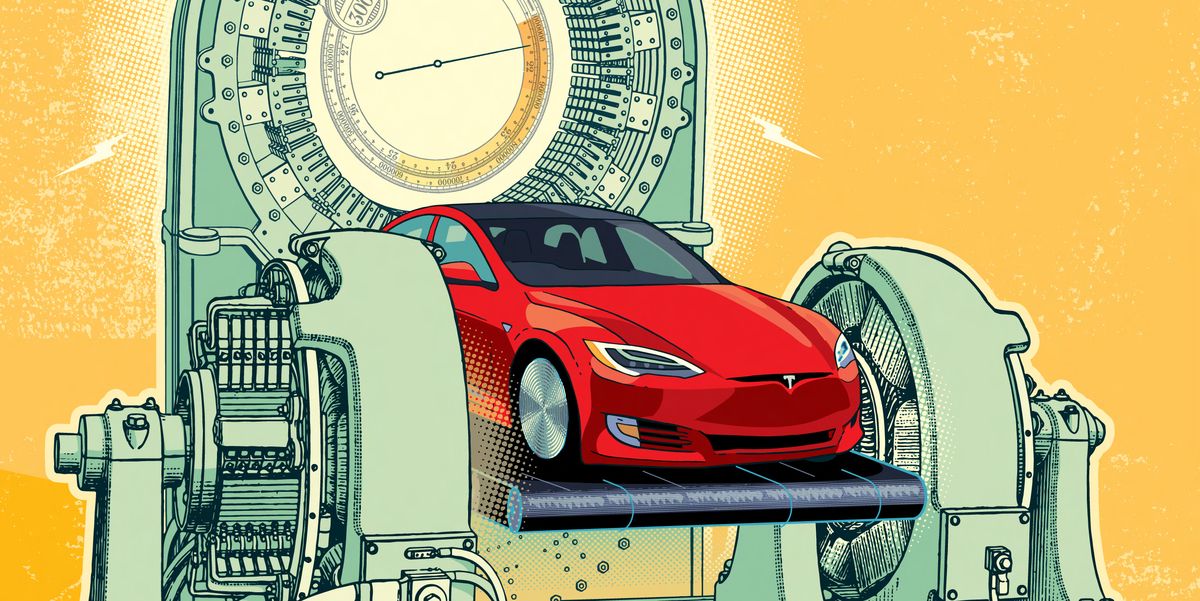Vicj
Member
Again, i don't think you're understanding my point. I'm not trying to say the 70mph test and the EPA claims should be the same. But... when other EV manufacturers can get their cars to hit the claimed EPA range at a steady 70mph, and Tesla cannot even get close, then one must wonder about their purchasing decision.
At this point, you and I should just agree to disagree.
Let's see what the future brings to Tesla's range claims.
I do believe you'll see them come down as EPA tightens up is rules, and actually starts testing themselves. Other manufacturers won't have to change their estimated ranges. ... which is kind of the entire point.
At this point, you and I should just agree to disagree.
Let's see what the future brings to Tesla's range claims.
I do believe you'll see them come down as EPA tightens up is rules, and actually starts testing themselves. Other manufacturers won't have to change their estimated ranges. ... which is kind of the entire point.





